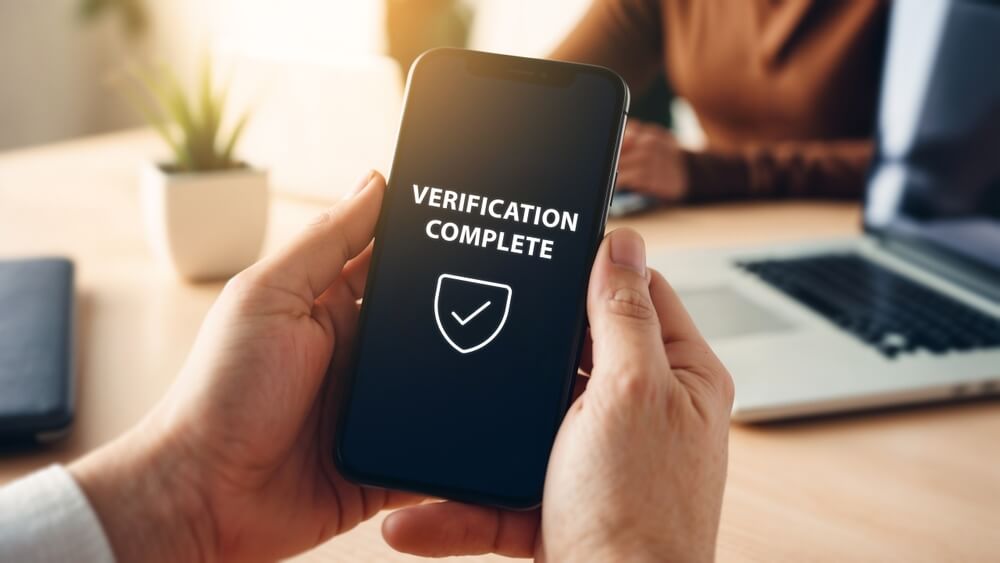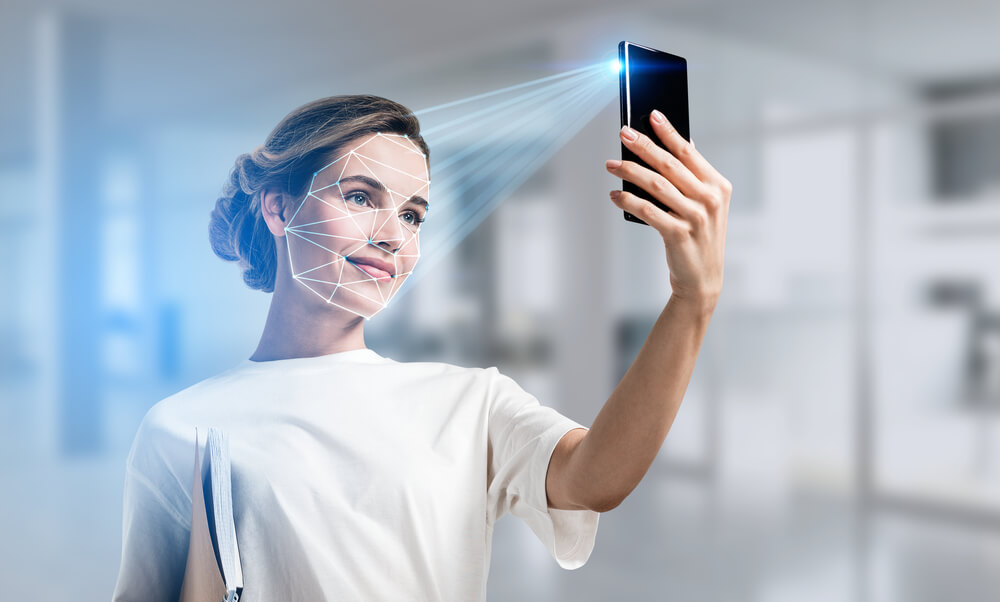Table of content
Identity verification is now essential for modern businesses. It helps prevent identity fraud, reduce financial crime, and ensure compliance with regulations. This ensures a safer digital environment for users and companies alike. Automation and machine learning have improved identity verification. It is now faster, more accurate, and more reliable. AI-driven identity verification systems now surpass traditional manual methods. They are more secure, cost-effective, and reliable.
Video KYC (VKYC): A Breakthrough in Identity Verification
A major advancement in the IDV sector is Video KYC (VKYC). This approach lets companies verify identities through video. It uses both live and passive video from customers and clients. The global VKYC market is growing fast. It's expected to reach $499.57 million by 2027, with a 15.3% CAGR. Major tech companies are adopting VKYC to boost security and efficiency. This signals strong growth potential for this technology in the coming years.
Understanding VKYC: Workflow and Types

VKYC is a method of identity verification. It uses video technology, often with AI tools, to check if an entity is genuine and assess risks. This process can use pre-recorded videos or live video calls. KYC experts will perform formal identity checks. Automated VKYC processes have revolutionized the field. They offer cheap, fast, and accurate alternatives to traditional KYC checks.
Manual VKYC
A manual VKYC process involves either analysing user videos or conducting live video interviews. In a live VKYC session, a KYC expert verifies the user's identity. They do this by asking structured questions and requesting actions, like showing legal documents. These tasks test for liveness. They ensure the individual is not using fake or deepfake identities. The expert reviews the submitted video to ensure the information’s accuracy. If the verification is successful, access is granted. Otherwise, it is denied.
Manual VKYC is commonly used in onboarding processes or to secure access to sensitive systems. While effective, it can be resource-intensive and slower than automated methods.
Automated VKYC
Automated VKYC uses advanced tech to streamline verification. It employs machine learning, biometric facial recognition, and AI. Companies can integrate VKYC services into their systems via APIs. This will automate steps like document verification, liveness detection, and identity checks. In an automated VKYC, users must record a video. It should show their legal documents and specific actions. The system verifies the information in real time, enabling instant decision-making.
This approach needs no manual work. It reduces processing times and improves user experiences. Automated VKYC boosts security. It handles document submissions safely and reduces fraud risk. Suspicious behaviors are flagged instantly, creating a robust and efficient verification process.
VKYC’s Transformational Impact on the Finance Sector
The finance sector was an early adopter of VKYC tech. It has used it to improve identity verification and reduce risks. Financial institutions handle high-stakes deals and sensitive data. This makes them prime targets for cybercriminals. By adopting VKYC, these organizations can improve security, ensure compliance, and streamline operations.
Advantages of VKYC in Finance
Faster Onboarding
In the finance sector, onboarding can take days or weeks. This is due to the need for manual document verification. VKYC accelerates this process, allowing financial institutions to onboard users within seconds. Automated workflows eliminate delays, reduce administrative burdens, and improve overall productivity.
Enhanced Risk Management
VKYC systems enable financial institutions to assess and manage risks more effectively. By verifying users in real time with high accuracy, these systems can categorize customers by their risk profiles. This lets institutions make informed decisions about access and services. It ensures a safer, more secure business environment.
Improved User Convenience
One of the most significant benefits of VKYC is the convenience it offers users. Customers can verify their identity from home. This avoids physical visits and document submissions. This accessibility boosts user satisfaction and cuts KYC manual costs.
Enhanced Security
VKYC utilizes advanced technologies to safeguard user data and prevent fraud. Biometric authentication, liveness detection, and secure document handling protect customer data. It deters identity theft and helps with KYC compliance.
Applications of VKYC Across Industries
While the finance sector has been a major adopter of VKYC, its applications extend to other industries as well:

Banking
Banks use VKYC for account openings, loan apps, and high-value transactions. Automating these processes can help banks. It can reduce fraud, meet regulations, and improve customer experiences.
Healthcare
In healthcare, VKYC can verify patient identities. It can also streamline tasks like insurance claims and record management. This improves operational efficiency while maintaining compliance with data protection regulations.
E-commerce
E-commerce platforms can use VKYC to verify sellers and buyers. This will ensure a secure marketplace. This helps prevent fraudulent activities and builds trust among users.
Government Services
VKYC can help government agencies verify citizens' identities. They can use it for services like passport renewals, visa apps, and social security benefits. This reduces processing times and enhances service delivery.
The Future of VKYC
The continued evolution of VKYC is closely tied to advancements in AI and machine learning. Future developments are expected to include:
- Improved Accuracy: Better algorithms will reduce errors in VKYC systems. They will increase their reliability.
- Integration with Blockchain: Combining VKYC with blockchain could boost data security and transparency.
- Wider Adoption: As VKYC becomes cheaper and more accessible, its use will likely grow across industries and regions.
Conclusion
Video KYC (VKYC) is a big advance in identity verification. It offers unmatched efficiency, security, and convenience for users. Its applications across industries highlight its versatility and transformative potential. VKYC can help businesses improve operations, reduce risks, and enhance customer experiences.
As the digital landscape evolves, VKYC will shape the future of identity verification. Companies that use this technology will be better able to face a rapidly changing world. They can ensure security and compliance while driving growth and innovation.